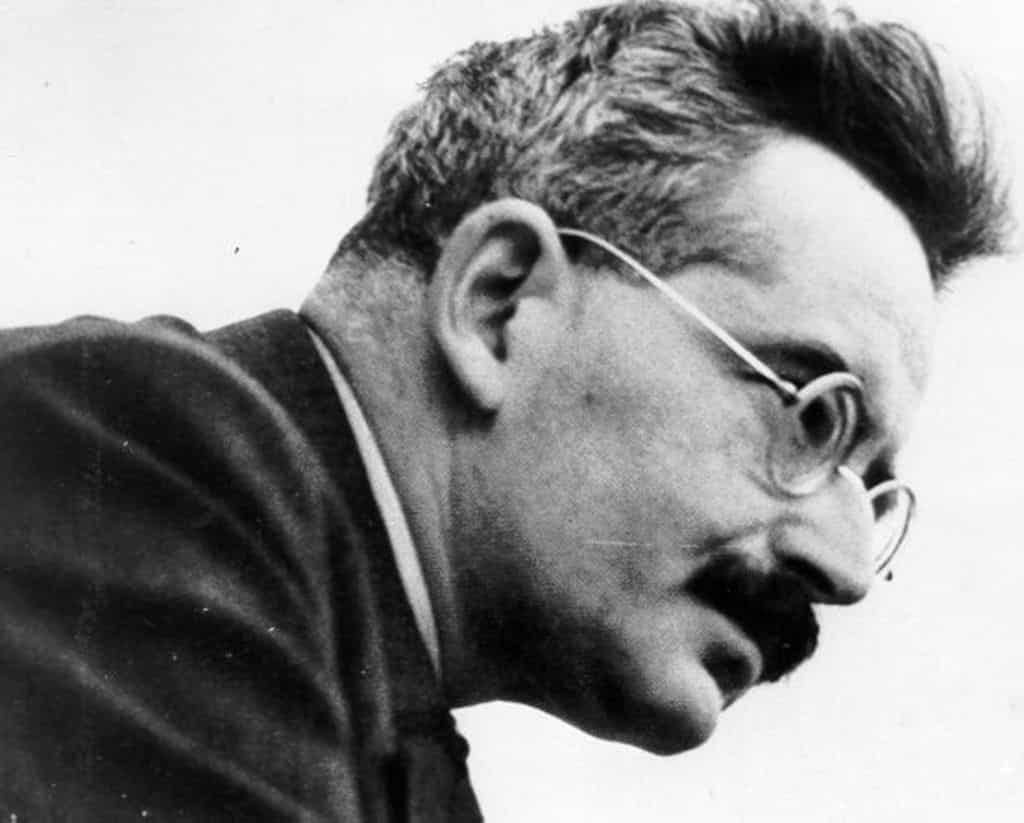On Experience
Notes on Walter Benjamin, Giorgio Agamben, Qabalah, and other thoughts
This week I read the famous essay, Experience and Poverty, by Walter Benjamin.

Walter BenjaminThe short essay was written in 1933, between the two World Wars. Benjamin describes the time as “the economic crisis is at the door, and behind it is the shadow of the approaching war.” The time called for “constructors”, as the catastrophe of the First World War declared bankruptcy of the tradition. Benjamin mentioned some names of those culture constructors: Paul Klee, Adolf Loos, and Paul Scheerbart. He commented: “They turn instead to the naked man of the contemporary world who lies screaming like a newborn babe in the dirty diapers of the present.” For Benjamin, those modernists are fruits of an impoverished culture, a culture divorced from experiences, as “never has experience been contradicted more thoroughly: strategic experience has been contravened by positional warfare; economic experience, by the inflation; physical experience, by hunger; moral experiences, by the ruling powers…” Benjamin also pointed out that instead of new experience, people “long to free themselves from experience; they long for a world in which they can make such pure and decided use of their poverty.”

‘Without a palace of glass, life is a burdensome task.’ Paul Scheerbart’s glass utopiaAlmost a century later, are we living such a world, a poor man’s world where one’s daily life contains virtually nothing that can be translated into experience? I’d say yes, although some businessman claims that we live in an “experience economy.” Ironically, experience can never exist an “economy”, as it only presents one-time value to the owner. It calls for raw materials, direct personal participation, an individual authority, and most importantly, recipients who acknowledge the uniqueness of it.
Italian philosopher Giorgio Agamben has a collection of essays called Infancy and History: On the Destruction of Experience. He analyzes in-depth why our mundane urban life depletes our energy to pursue experience. He starts the essay by quoting Benjamin and elaborates his theory that history must “keep on traveling towards and through infancy”. This infancy is the transcendental place of origin where history was born, where knowledge can’t be accessed, nor is it needed. As Carl Jung would say, “Knowledge does not enrich us; it removes us more and more from the mythic world in which we were once at home by right of birth.”

Giorgio AgambenMy thoughts?
In Tree of Life of the Qabalah system, there is a stage of creation called Binah. It is the metaphorical mother of the universe. It gives shape to the spirit of the divine. For me, Binah is what experience is like, a black sea, upon which an individual spirit could swim like a killer whale. Unfortunately, contemporary life is more like a manicured aquarium. Most of us feel as insignificant as a tiddler in it.
Experience is invaluable for one’s spiritual life because of its transcending property. It nurtures our psyche by connecting back to where our consciousness starts. Since modernism, we’ve suffered from this aridity of our inner life. Yes, we’ve been free from history. But the price is painfully high. As Benjamin writes, “We have given up one portion of the human heritage after another, and have often left it at the pawnbroker’s for a hundredth of its true value, in exchange for the small change of the contemporary.”
Moreover, secular life is crying for new experience as well. We need to admit that the past decades of making use of this “experience poverty” is purely wantoning mischief. Great damage has been done to the environment and social structure. This freedom is the emporor’s new clothes, which we don’t see nor dare to admit our blindness.
Last but not the least, thanks for this essay, I discovered James Ensor’s painting, which feels even more relevant today:

James Ensor's painting